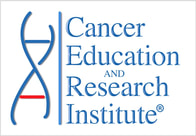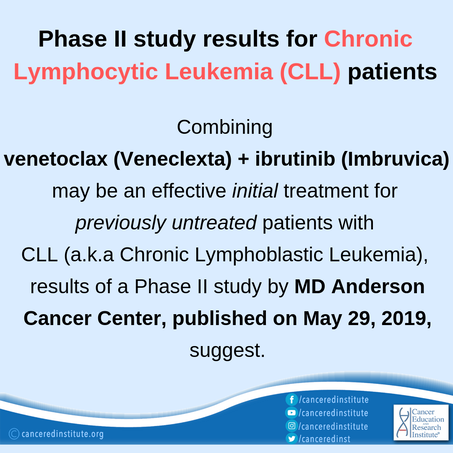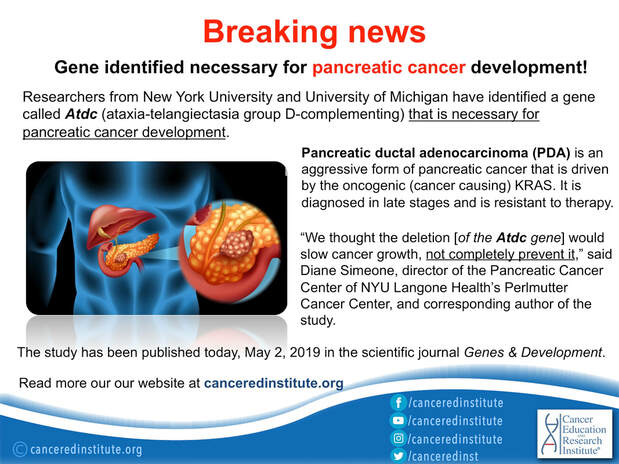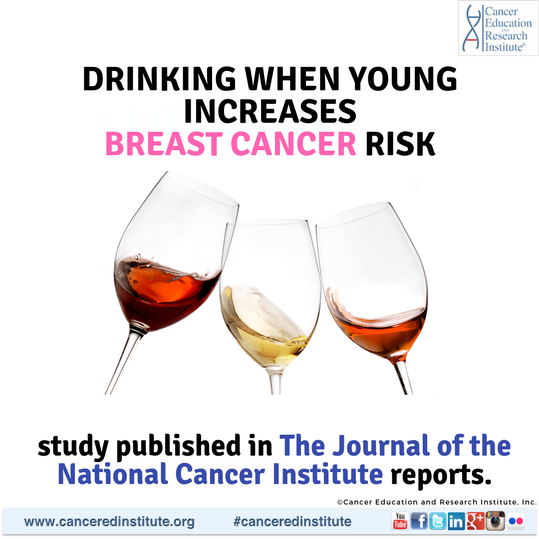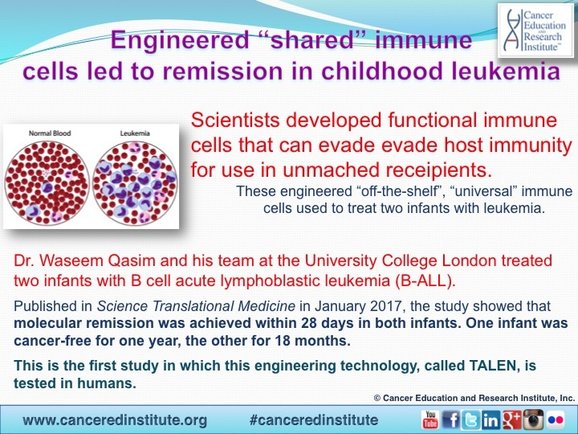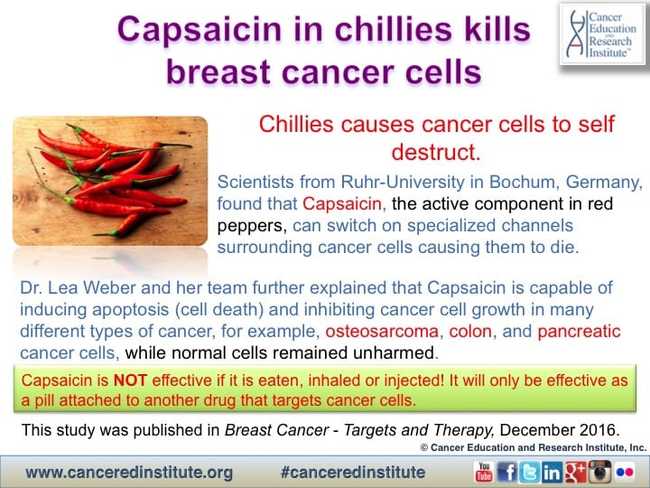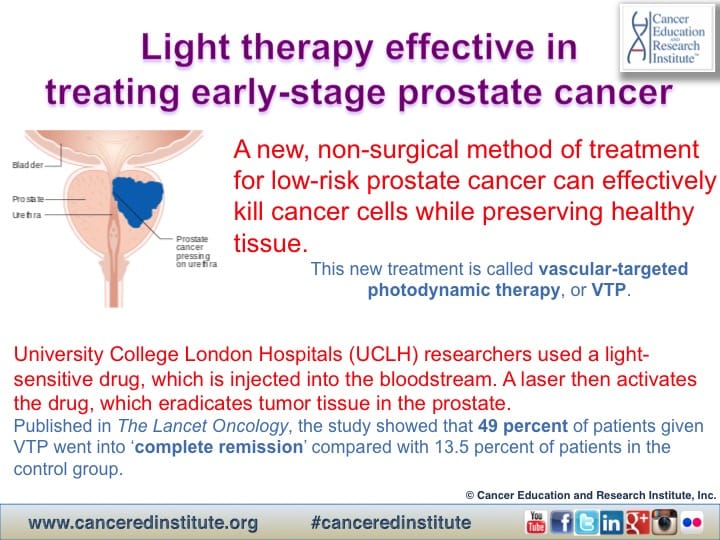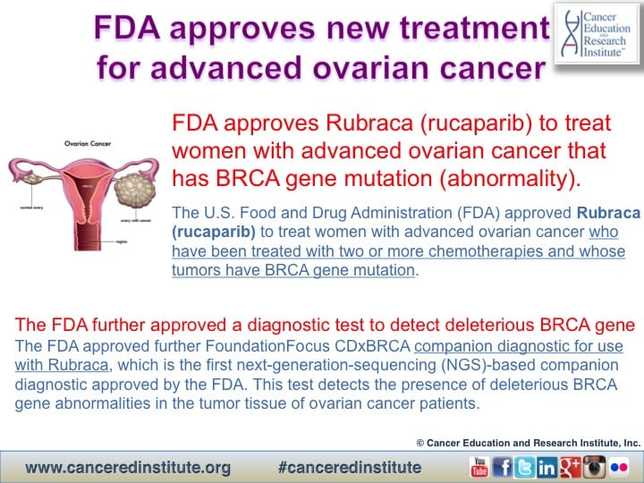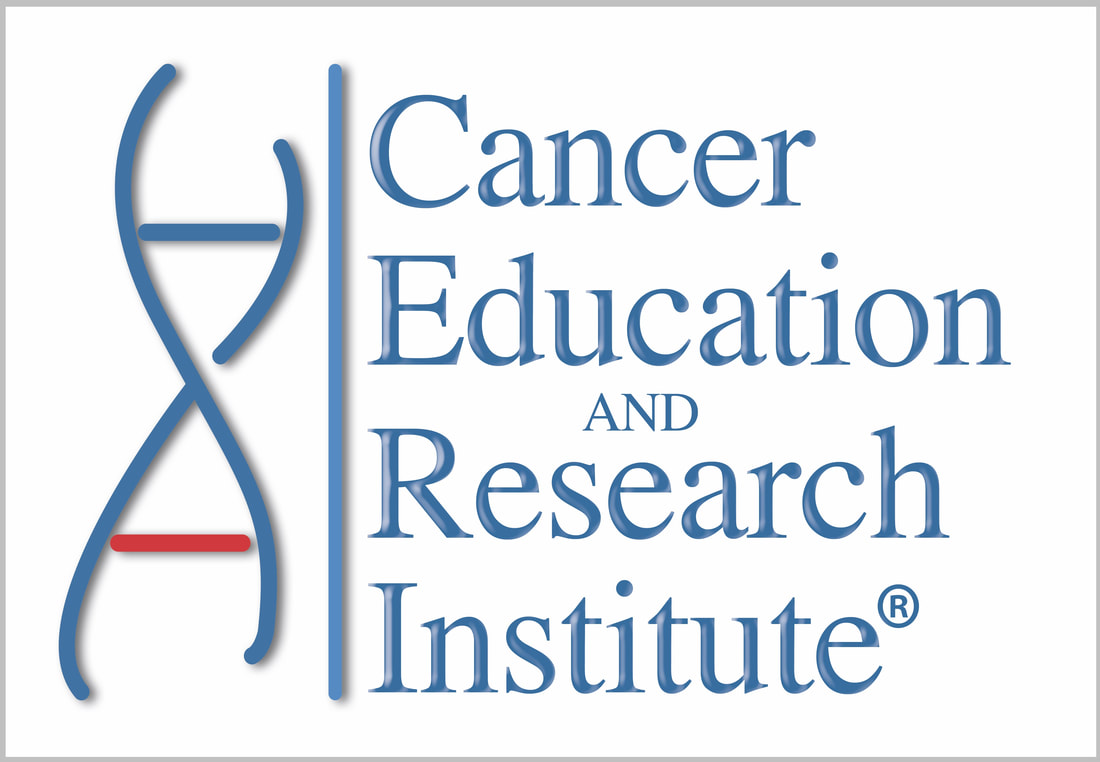- Median age was 65 years with 30 percent over age 70.
- Of these patients, 92% had high-risk genetic anomalies.
- 88% of patients had complete remission with normal or incomplete blood count recovery after 12 cycles of treatment.
- 61% of patients had complete remission with undetectable minimal residual disease.
- 60% of patients developed low white blood cell counts, similar to what has been reported in other venetoclax combination trials.
According to the researchers, the combination of these two drugs gave substantially better results than each of these two drugs alone.
The researchers also added that more robust therapies for CLL patients are needed, due to the fact that:
- majority of patients are older than 65, and
- that the existing therapies are not always effective.
One of the lead researchers, Dr. Jain, said the following: “This group of patients often has unacceptable side effects and has a lower rate of complete remission and undetectable minimal residual disease. Our data showed that non-chemotherapy, combination therapy with ibrutinib and venetoclax demonstrated no new toxic effects compared to what has been previously reported for the individual agents.”
No new safety concerns were observed with the combination therapy.
The current median follow-up of the trial is 14.8 months. However, according to the researchers a longer follow-up is needed to adequately assess the long-term safety of this combination.
Lead researchers of the study included:
- Nitin Jain, M.D., Associate Professor of Leukemia
- William Wierda, M.D., Ph.D., Professor of Leukemia
- Varsha Gandhi, Ph.D., Department Chair ad interim of Experimental Therapeutics
- Study reports ibrutinib and venetoclax combo effective as front-line therapy for select chronic lymphocytic leukemia patients.
- Ibrutinib and Venetoclax for First-Line Treatment of CLL, Nitin Jain, M.D., Michael Keating, M.D., Philip Thompson, M.D., et al., N Engl J Med 2019; 380:2095-2103.
